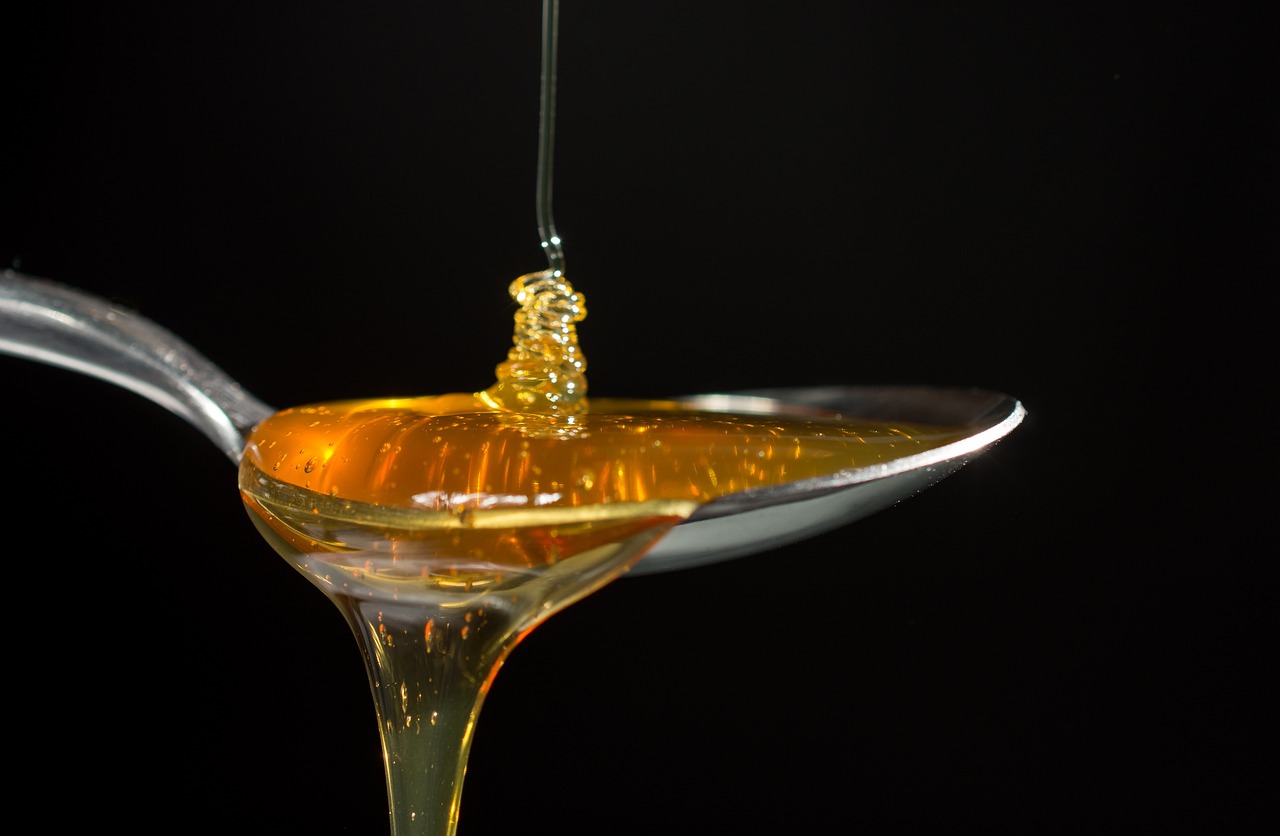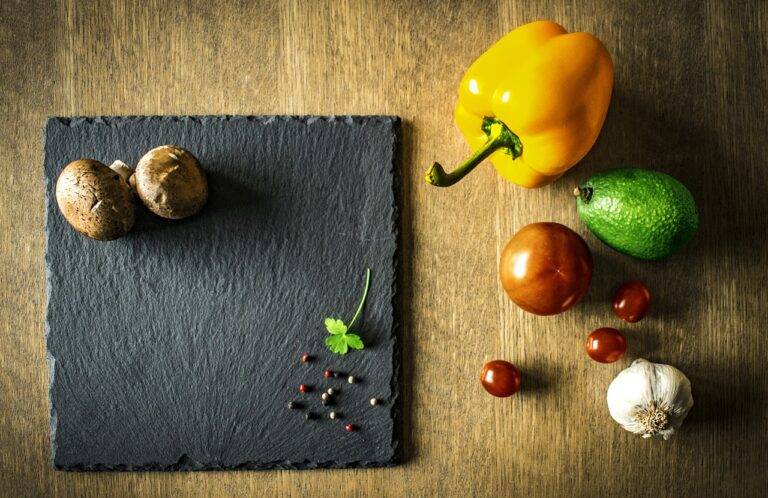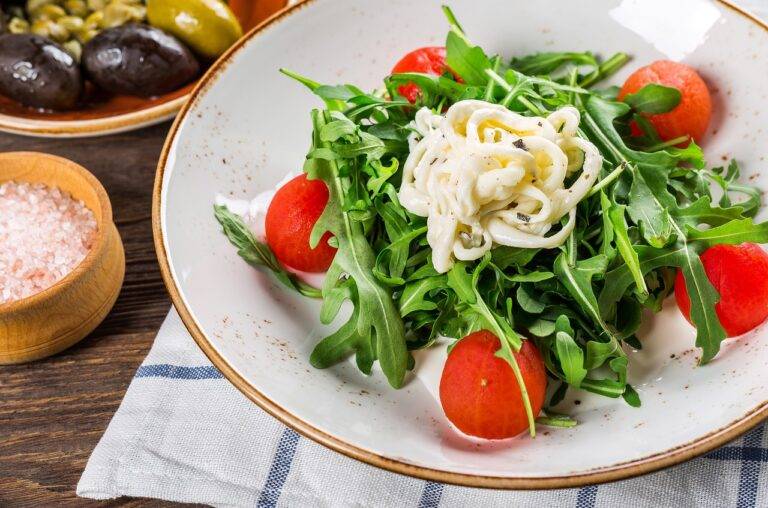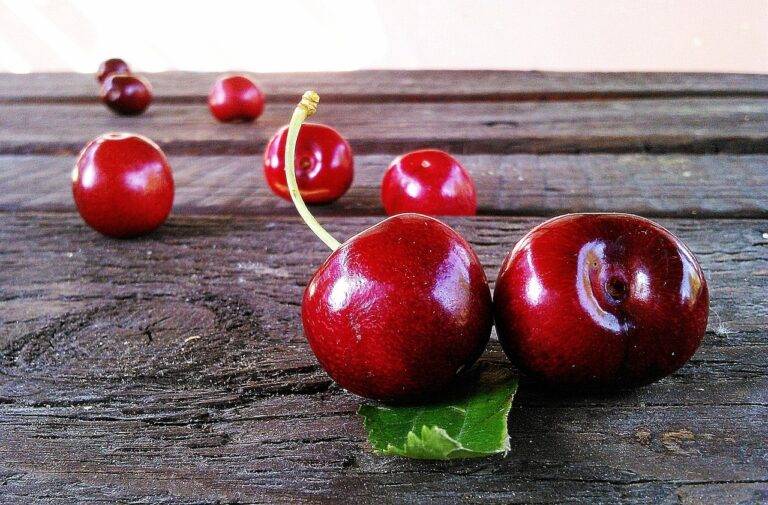The Science of Molecular Gastronomy: Exploring the Intersection of Food and Chemistry.
Molecular gastronomy is a scientific approach to cooking that explores the physical and chemical transformations that occur while preparing and consuming food. This innovative culinary style involves the use of modern techniques and tools to create dishes that emphasize texture, temperature, and presentation. By understanding the principles of chemistry and physics in food preparation, molecular gastronomy aims to push the boundaries of traditional cooking methods and challenge the palate with new and exciting flavors.
One of the key aspects of molecular gastronomy is the emphasis on experimentation and creativity in the kitchen. Chefs who practice this culinary discipline often utilize unconventional ingredients and cooking methods to create dishes that are visually stunning and sensorially captivating. By combining knowledge of food science with artistic expression, molecular gastronomy offers a unique dining experience that encourages diners to think about food in a whole new light.
Key Principles of Molecular Gastronomy
Molecular gastronomy focuses on experimenting with the physical and chemical transformations that occur during cooking. It involves using scientific principles to manipulate ingredients and create innovative dishes. This often includes techniques such as spherification, foams, and gels to transform textures and presentations.
Another key principle of molecular gastronomy is the emphasis on enhancing flavors through unconventional methods. Chefs use tools like centrifuges, liquid nitrogen, and vacuum chambers to intensify flavors and textures in their dishes. By employing these techniques, molecular gastronomy pushes the boundaries of traditional cooking and challenges diners’ perceptions of taste and cuisine.
What is Molecular Gastronomy?
Molecular Gastronomy is a scientific discipline that explores the transformation of ingredients through different cooking techniques and processes, focusing on the physical and chemical transformations that occur during cooking.
What are some key principles of Molecular Gastronomy?
Some key principles of Molecular Gastronomy include using scientific techniques and tools to create innovative dishes, experimenting with textures and flavors, and understanding the chemical reactions that occur during cooking.
How does Molecular Gastronomy differ from traditional cooking?
Molecular Gastronomy differs from traditional cooking in the techniques and processes used. Traditional cooking focuses on classic recipes and methods, while Molecular Gastronomy involves experimenting with new ingredients, textures, and flavors using scientific principles.
Can anyone practice Molecular Gastronomy at home?
While Molecular Gastronomy can be complex and requires specialized equipment, some techniques and principles can be applied at home with simple ingredients and tools. Experimenting with different textures and flavors can be a fun way to explore the world of Molecular Gastronomy in your own kitchen.





